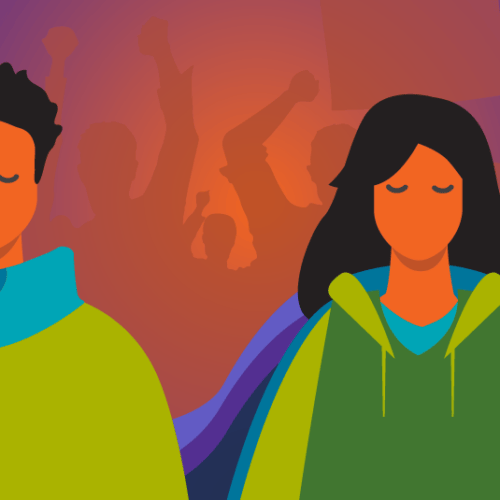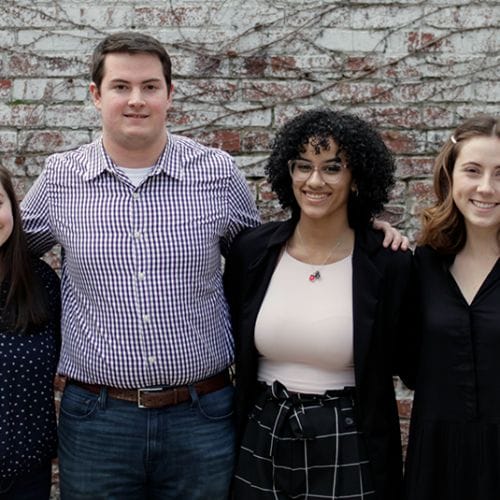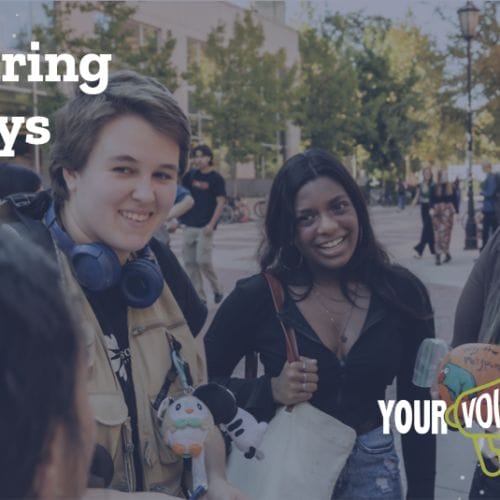When you think of social justice, mental health may not be the first, second, or even fifth thought to come to mind. But, it should be. Social justice is an all-encompassing field that touches every part of our lives and has a unique definition for each person you ask. To me, it means celebrating the diversity of identity, encouraging unity, empowering marginalized and underrepresented groups, and educating about identity-related issues. One of the first steps to reflecting on the complex cycles of socialization and oppression we live in is recognizing the systemic issues that have unrelenting, unfortunate mental health outcomes.
This mental health inequity is evident through observable disparities among people of different races, geographic areas, cultures, genders, sexual orientations, and other sociodemographic factors. Unfortunately, seeking mental health services does hold a certain stigma in our society today. For people in oppressed and disadvantaged groups, this stigma is even greater and harder to overcome, and it can lead to more inequity in a positive feedback loop. For example, some factors that can contribute to mental health disparities include:
- Racism, bias, and discrimination in treatment settings
- Language barriers and an insufficient number of providers that speak other languages
- Lack of adequate health insurance coverage for mental health services (or high deductibles and copays for those with insurance)
- High level of mental health stigma in minority populations
- The belief that mental health treatment “doesn’t work”
- Logistical issues, including lack of transportation, geographical distance and access to mental health providers, or work schedule
- Familial and generational trauma passed down in groups with certain histories
Many of these issues persist systemically, and can only be countered through social justice advocacy. Social justice advocacy can manifest itself in many ways. For me, it’s the work I do and the organizations I’m involved with at my university. It also means having important conversations with others (both like-minded or otherwise), listening when others are speaking, and educating myself on the issues that matter. For others, it might be community organizing and protesting, legal and political activism, or working for a non-profit.
Even though we know the importance of advocating for positive change, advocacy burnout is still a very real phenomenon that people of all backgrounds and privileges can face. Mental health strain isn’t helping you be a better advocate, so it’s important to take care of yourself while engaging in advocacy. Self-care can mean something different to everyone, but above all, it truly refers to practices that help soothe and help balance a healthy mindset.
Over the last two years, we as a society have realized the need for a greater focus and prioritization of public health. The field of public health is not only crucial for focusing on COVID-19 but also its effects on mental health and the growing significance of mental health today. Don’t lose hope: we are making progress. We are furthering research efforts to focus on these social determinants of health (race, education, geographic area and housing, gender, etc.), implementing approaches to counter health inequity, and prioritizing mental health as an important factor of overall health. Everyone has mental health, so let’s advocate for it and direct our efforts towards social justice as a whole.







